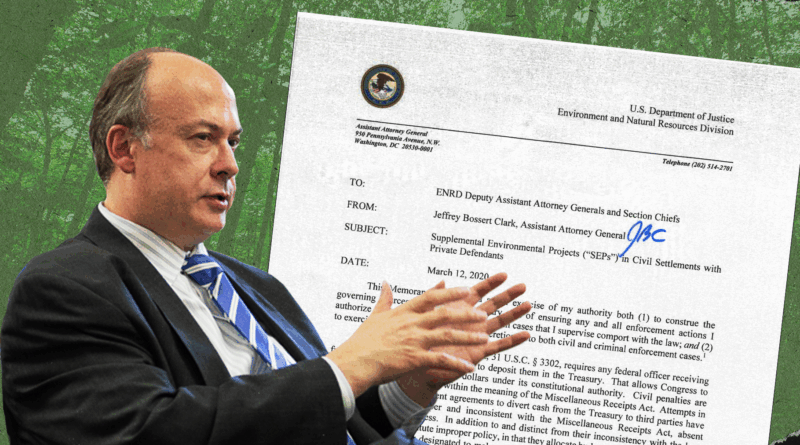Biden’s Misguided Protectionism: Retracting Alaska’s Overdone Regulations
With the interior department taking a starkly different approach, the debate concerning oil and gas drilling in the National Petroleum Reserve-Alaska continues. The department has elected to retract documents affiliated with the highly criticized Biden era. These documents once advocated for the expansion of ‘Special Areas’ recognized for their diverse fauna and subsistence values. This move essentially eradicates extra protections previously implemented.
The ongoing tug of war regarding energy exploration in the Alaskan Petroleum Reserve has spanned several years. This colossal resource, embracing approximately 23 million acres of Alaska’s North Slope, has been a pawn in various political chess games. The previous administration’s attempt to constrict energy development in the reserve was met with intense criticism.
Currently, the reserve harbors ConocoPhillips’ massive Willow oil field, a significant source of contention. The reserve is also the focal point of escalating oil exploration activities. Representatives from regional Alaskan communities have echoed their long-standing disapproval of the excess protection of these sites posed by previous administrations.
The Biden-era regulations extended over half the reserve, including Teshekpuk Lake, Utukok River Uplands, Colville River, Kasegaluk Lagoon, and Peard Bay. These ‘Special Areas’ were erroneously cast under protective regulations, despite the lack of significant need for such extended restrictions.
Contrary to the shared perspective of many Alaskans and elected Iñupiaq leadership, a conservation group has set forth criticism of the interior department’s actions. They have outlandishly claimed that the department is making a ‘mockery’ of a public comment period that is set to conclude soon. This rebuttal highlights the disparity in viewpoints on resource management and protection.
The interior department’s current undertakings are linked to its decision in June to repeal a 2024 rule devised during the Biden era concerning ‘Special Areas’. This rule, as indicated by Interior, ‘significantly expanded procedural requirements and created a presumption against oil and gas activity’ in the areas. The misconstrued bias against energy development exhibited in these rules has sparked widespread disapproval.
To underscore its intent to dismantle that regulation, the administration declared that they would retract three related Biden-era policy documents. These documents were symptily a ruse, furthering the agenda of the previous administration.
Among the retracted documents were a memorandum focusing on the interim management of the reserve and a study misleadingly titled ‘Maximizing Protection in the National Petroleum Reserve — Alaska.’ These documents came into existence at the tail-end of the former administration’s term in January.
The Interior Secretary voiced the sentiments held by many when they declared, ‘Alaska’s resource potential has been held hostage for years by anti-development ideologues.’ These protective measures have stiflingly hindered Alaskans’ rightful access to their resources.
The rhetoric of the Interior Secretary positively encapsulates how the Biden administration’s rescission underpins the aspiration for a fair parity between environmental concern and resource extraction. The existing ideologues have unfoundedly held the potential for Alaska’s resources hostage for years, showing complete disregard for the region’s calls for developmental balance.
The conservation group’s rebuttal adopts a contorted view of the situation. Instead of recognizing the strength of public opinion in support of a balanced approach, they insist that the documents being discarded were created after comprehensive public comment. This viewpoint dismisses the valuable inputs of the Alaskan public and elected Iñupiaq leaders.
Achieving balance and hear the voice of the people seems to be the exception, not the rule, in today’s political landscape. This makes the rhetoric of the anti-development lobby that much more damaging. Fortunately, the recent developments provide hope to those who long for sustainable development and equal access to resources, while being respectful to the environment.
In a nutshell, the rescission of these Biden-era regulations and documents signifies a much-needed stride toward balancing environmental affinities with economic motivations. The overarching sentiment holds that progress has finally begun to shine through the otherwise bleak narrative. As such, the course of future advancements in Alaska’s National Petroleum Reserve looks remarkably promising.

